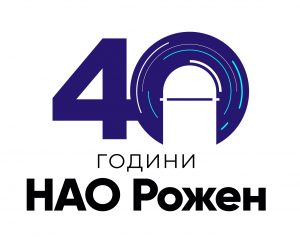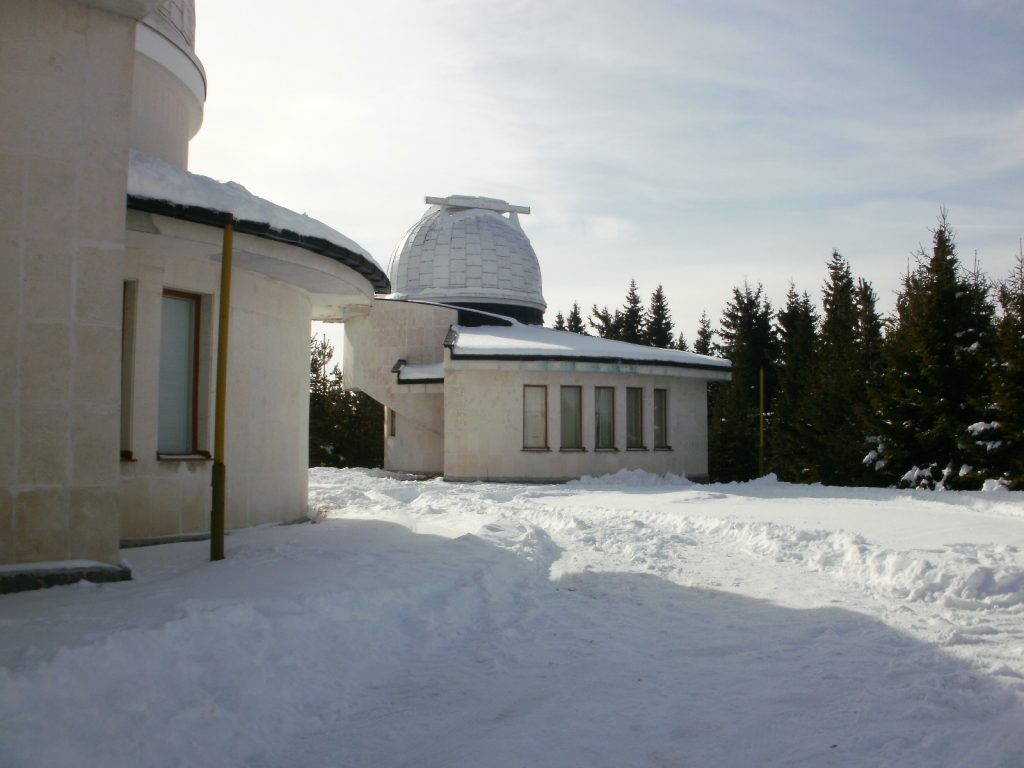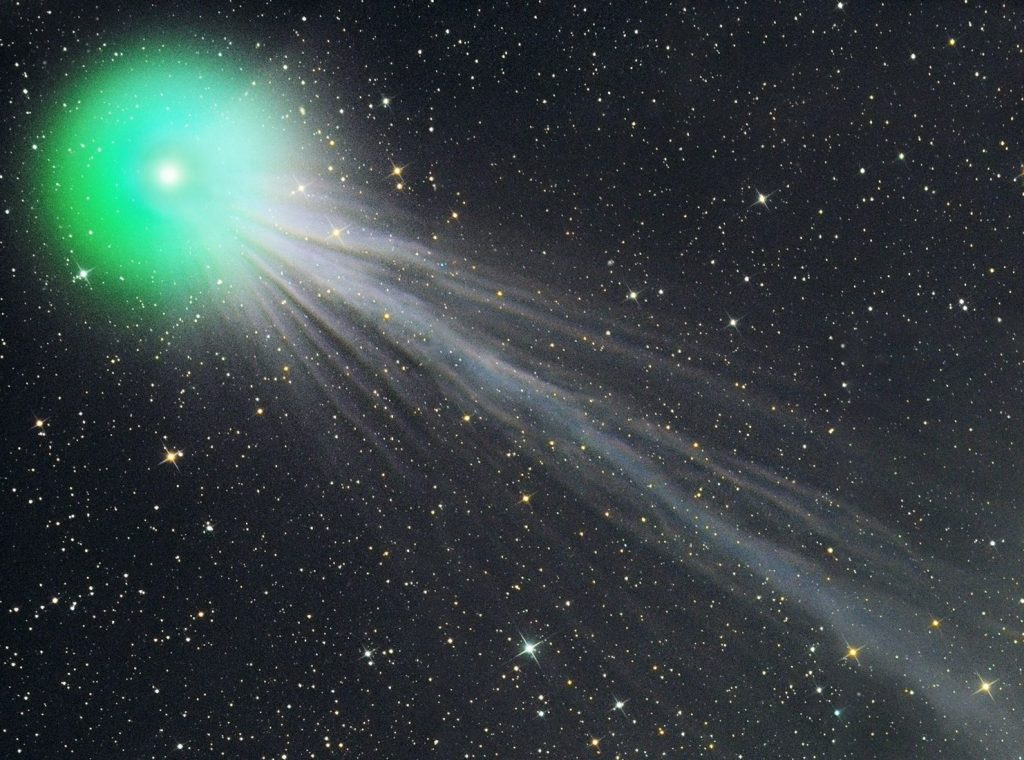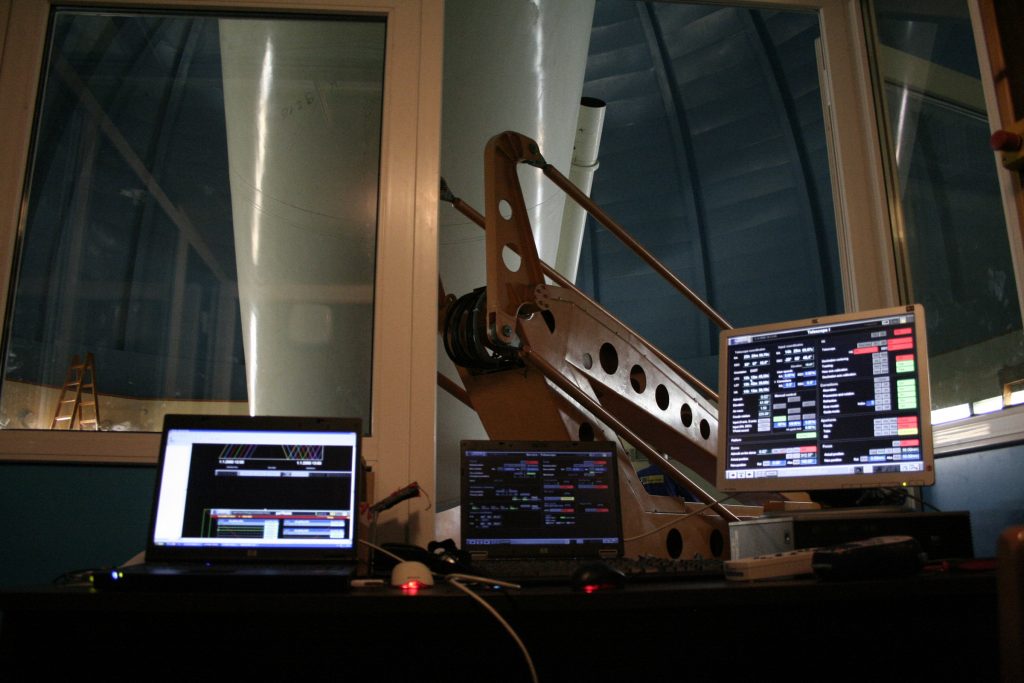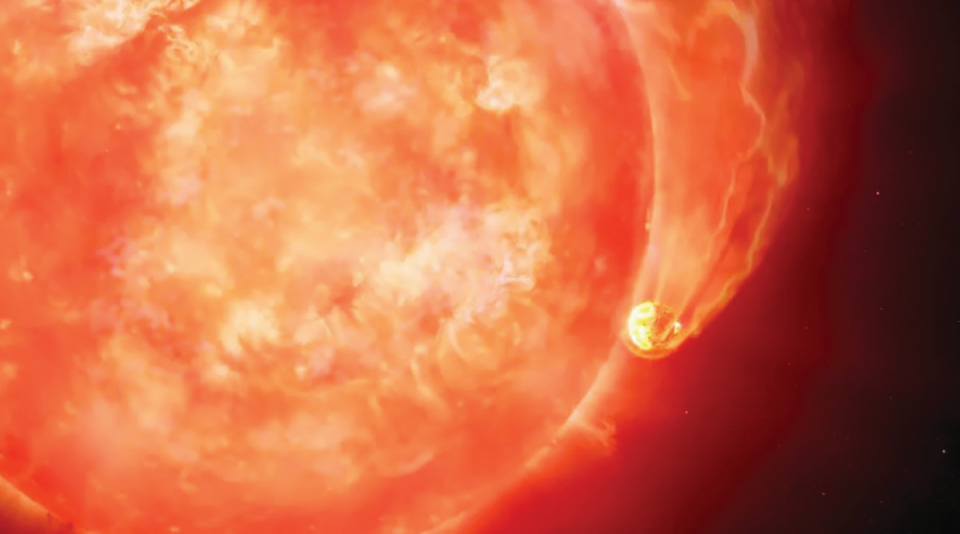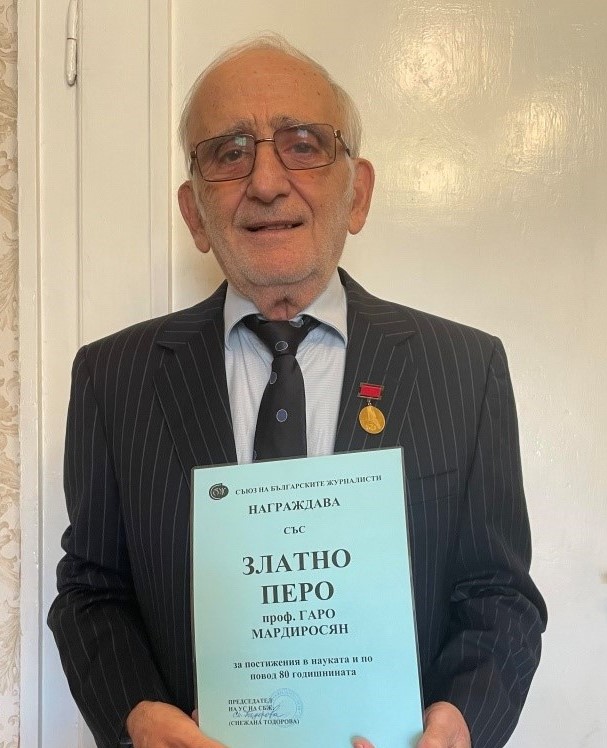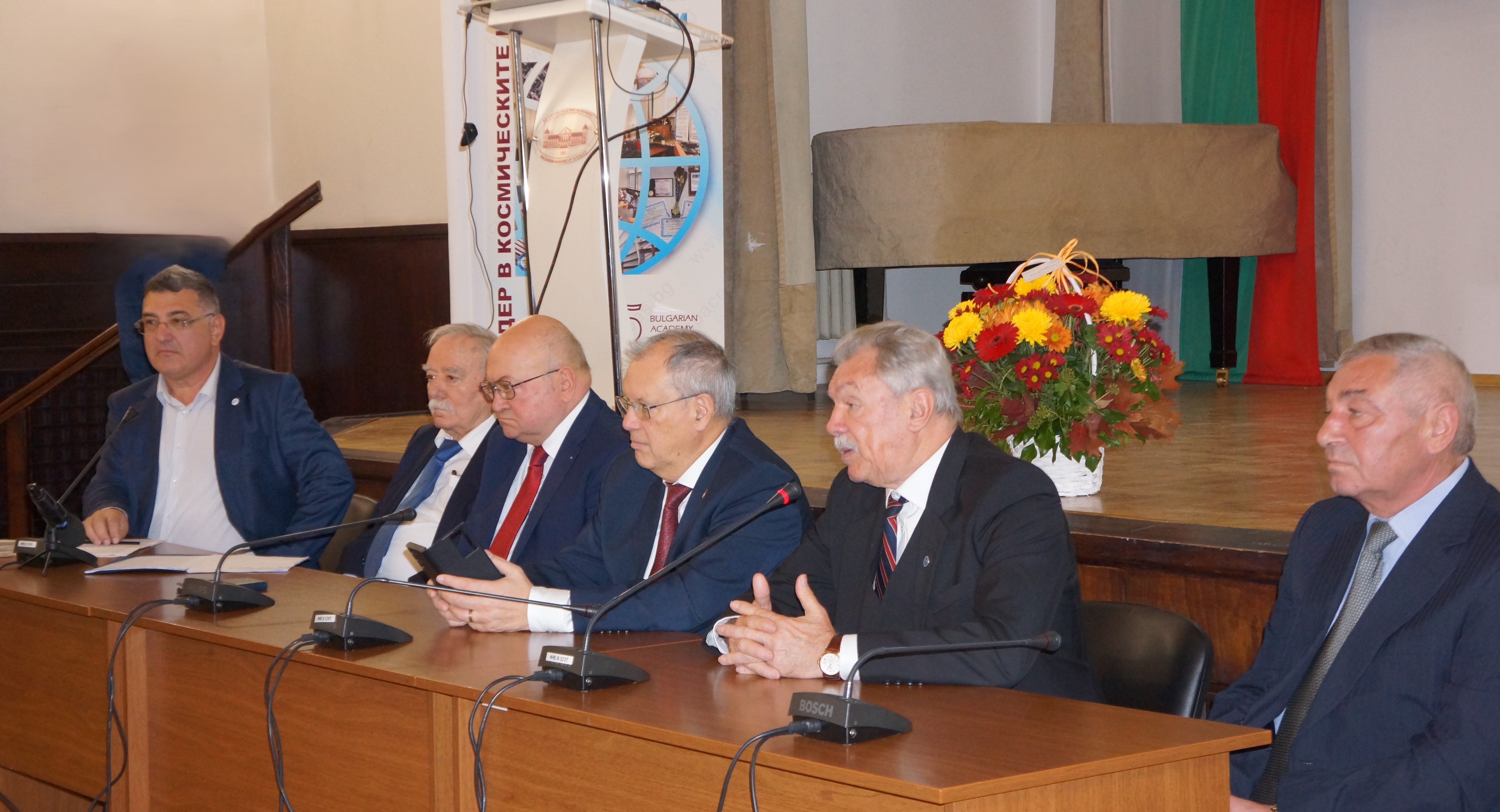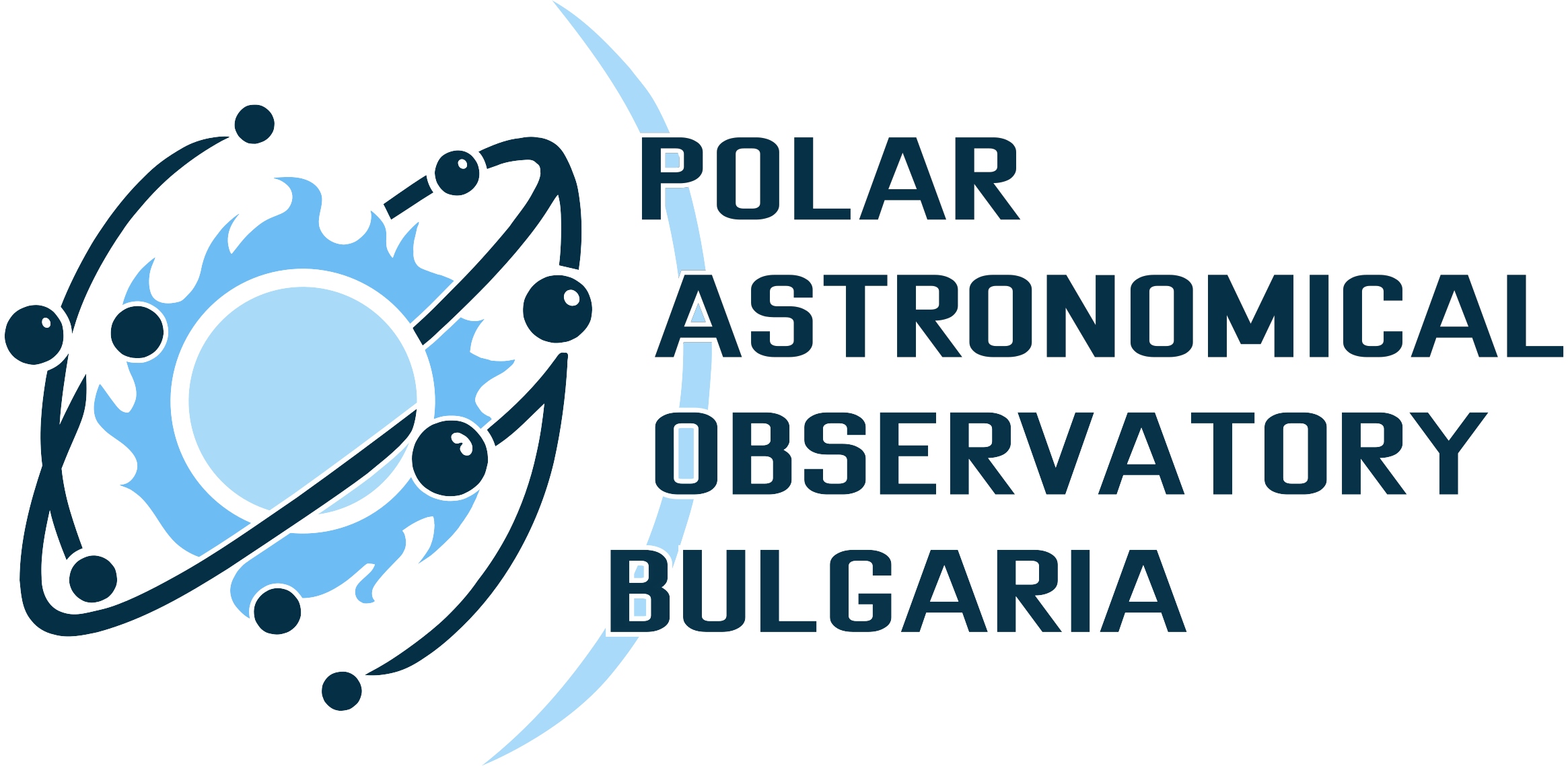Forty years since the official opening of the National Astronomical Observatory – Rozhen (NAO Rozhen) will be celebrated on 13 March 2021. In its first years, NAO Rozhen is a scientific astronomical complex of three telescopes: a universal 2-meter telescope for photometric and spectral observations and two smaller telescopes: 50/70-cm Schmidt and 60-cm Cassegrain. The first observations were made on photographic plates, and a high-speed electrophotometer was mounted on the Cassegrain telescope. In the first twenty years of the observatory’s work, more than 10 000 photographs of objects from the solar system, stars and star clusters, distant galaxies and quasars, and thousands spectra of interesting stellar objects were obtained.
Over the years, NAO Rozhen has introduced the first digital CCD cameras which replaced photographic plates. Thanks to the cooperation with an institute of the Max Planck Society, with a two-channel focal reducer, photometric, polarization and spectral observations are carried out. A new spectrograph for the 2-m telescope has been developed and the telescope control system has been completely renovated. In 2005, a new solar telescope tower was built and a 15-cm Leo coronograph was installed for observations of the solar corona and protuberances. A visitor center with a 30-cm telescope for demonstration observations has been built.
In recent years, thanks to the funding under the National Roadmap for Scientific Infrastructure in NAO Rozhen, intensive modernization and renewal of the equipment for astronomical observations has begun. New high-performance CCD cameras have been delivered for observations with the observatory’s telescopes. A 31-cm telescope for observations of the Sun, equipped with new narrowband filters and a camera for polarization observations, has been ordered and will be supplied. A contract has been signed for the supply of a new robotic 1.5-meter telescope which is to be installed in 2022. As part of the infrastructure of NAO Rozhen, a station of the distributed pan-European radio telescope LOFAR will be built which is also part of the National Roadmap for Scientific Infrastructure 2021-2027.
Due to the pandemic situation in the country, we currently do not accept visitors to NAO Rozhen, informed the Institute of Astronomy of BAS, hoping that in a few months they will be able to meet astronomy lovers and friends of NAO Rozhen under the starry sky and talk about their achievements in details.


